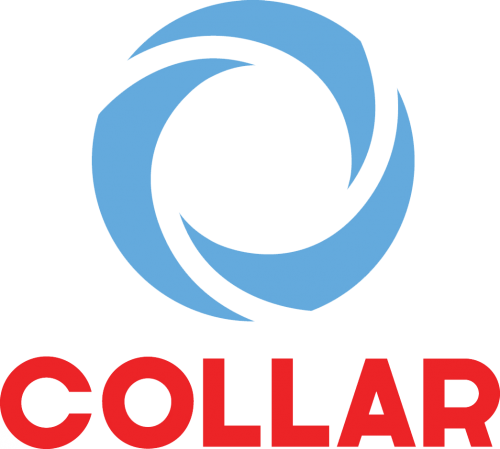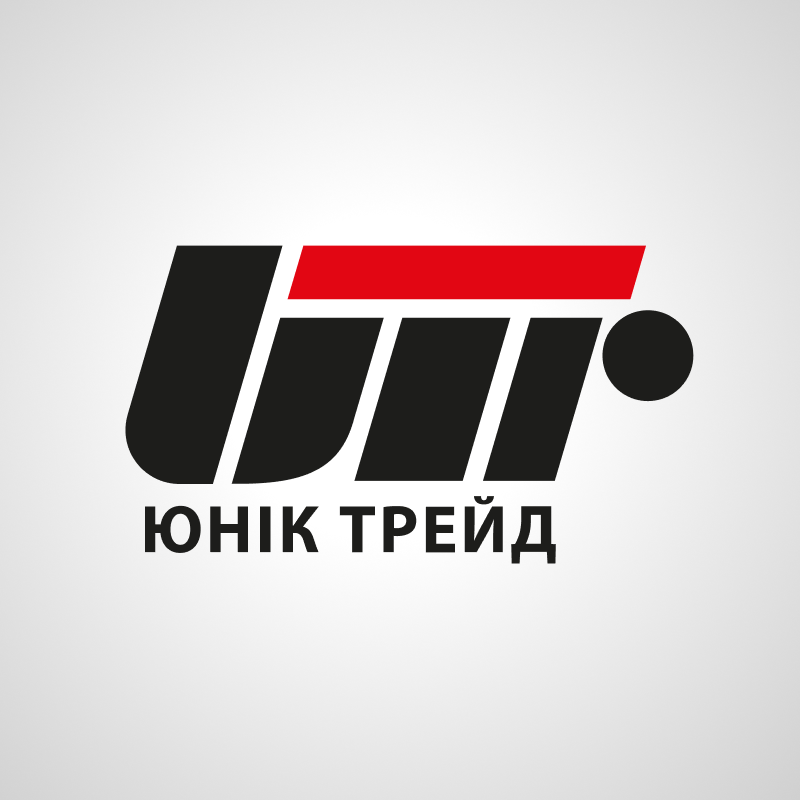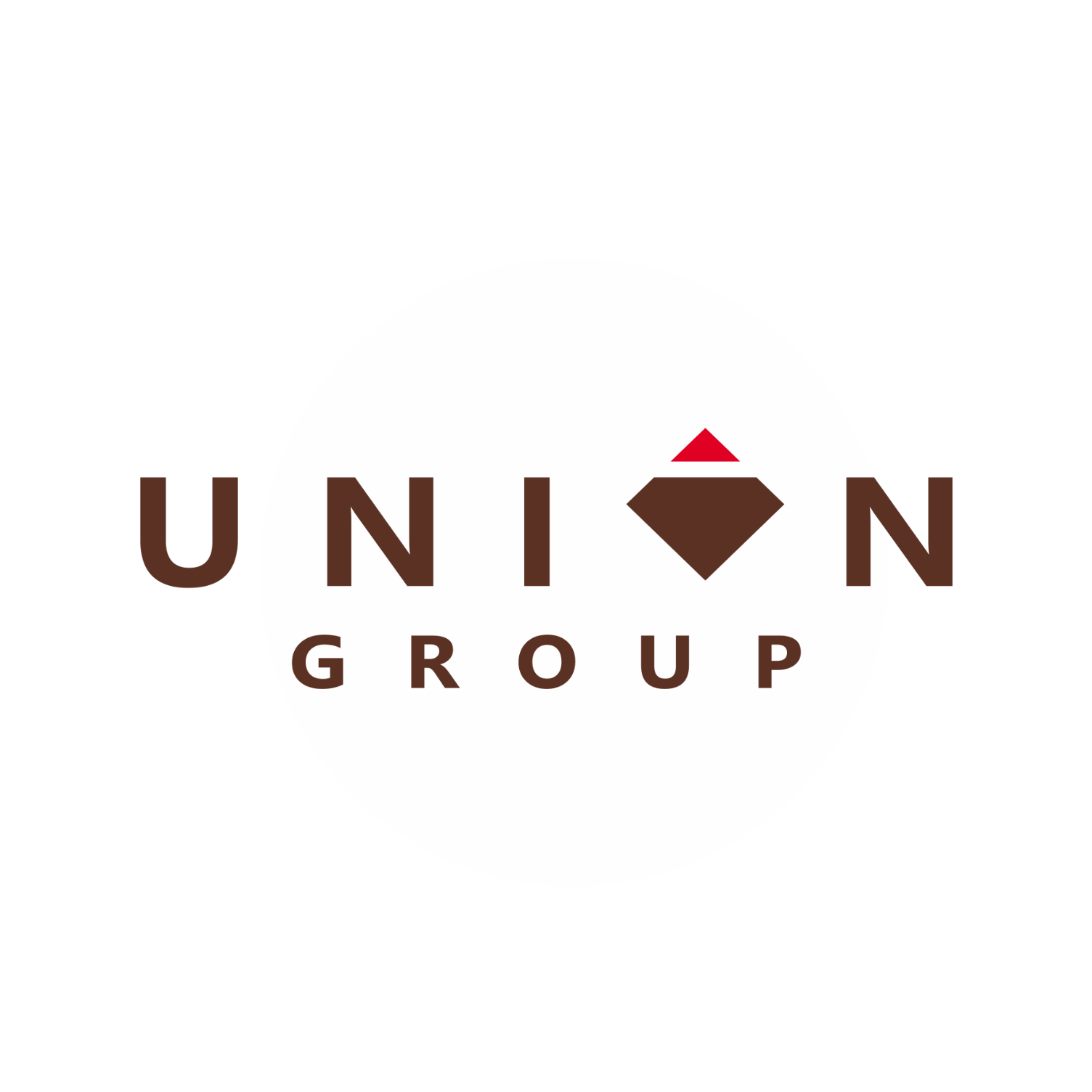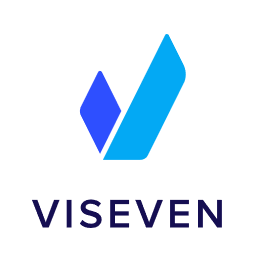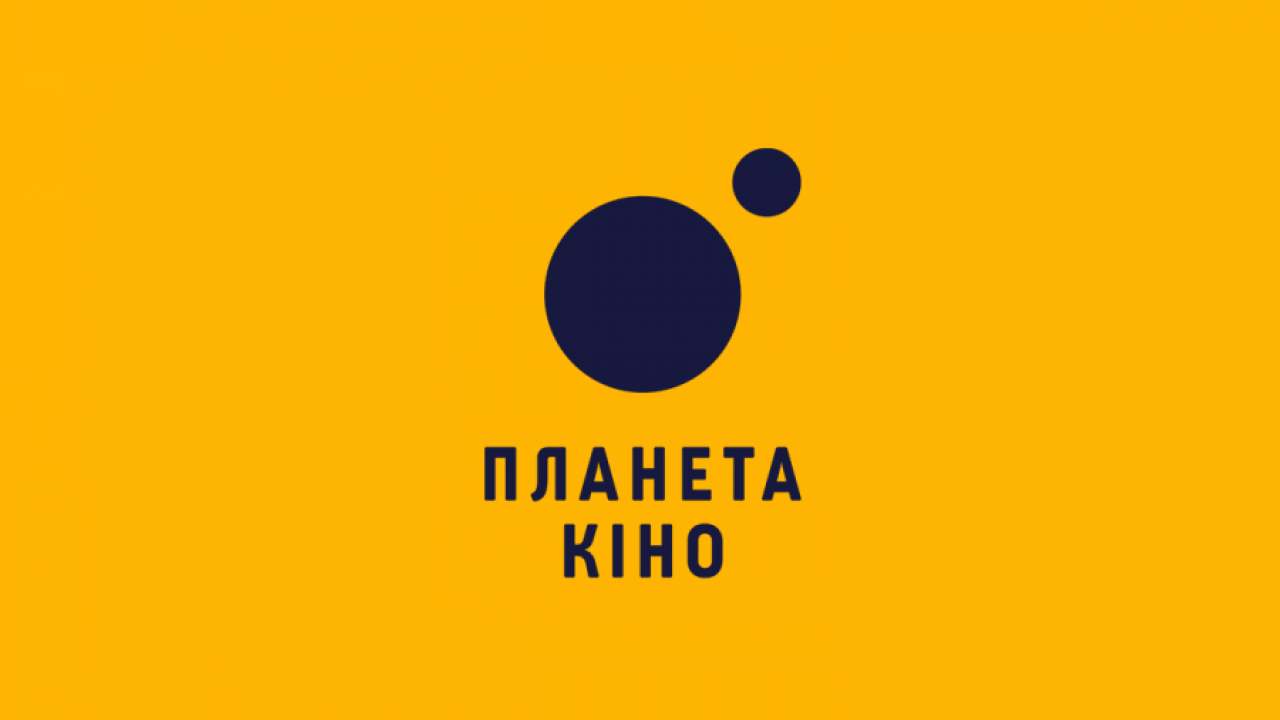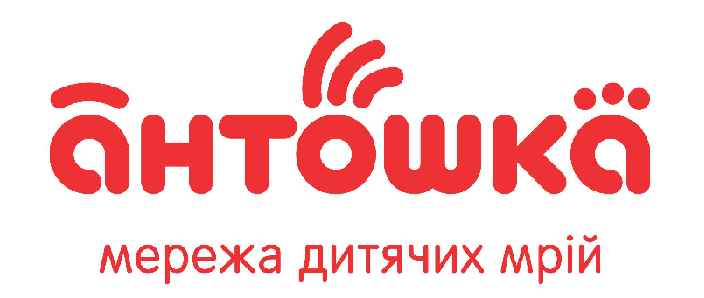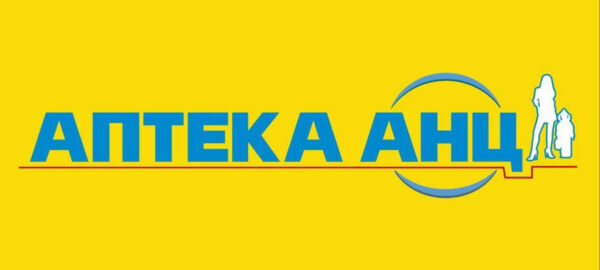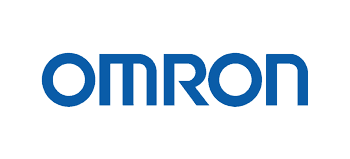
How gamification helps to improve learning outcomes. Cases in e-learning
For several years now, gamification has been at the top of the e-learning trends. The use of game elements makes learning more interesting by turning it into an exciting game. This not only motivates employees, but also has a positive impact on the overall result and effectiveness of learning.
Gamification is not only about virtual reality and the use of expensive technologies. In fact, gamification can be simpler than it seems at first glance, but no less effective. We’ve decided to share with you some effective gamification methods that can be easily implemented with LMS tools.
Gamification types that can be used in LMS
1. Virtual awards
Collecting is one of the most popular game elements that can be easily adapted to corporate learning. The easiest way to implement it is through badges. Badges not only help to maintain the interest of employees in collecting, but also demonstrate the success of their mastery of specific knowledge.
Example of application: The seller completed a course on the stages of sales and received an exclusive badge for a successful result. Such an award will emphasize their knowledge and encourage others to study more effectively in order to get it too. This will have a positive impact on the learning outcome of the entire team.
In LMS Collaborator, employees can receive badges for successful completion of training tasks and other extracurricular activities. For example, for participating in a corporate event or conference, for good performance, etc. Badges received by an employee are collected in their profile and are available for viewing by other users. It helps to encourage others to learn better.

2. Interactive tasks
Interactivity helps to maintain interest in learning by turning it into an interesting and useful game. For example, dialog simulators allow you to recreate a work environment in which employees can complete tasks while practicing important skills. This makes training more practical and focused on real-life situations, which not only motivates but also minimizes the possibility of errors during work.
Example of application: LMS Collaborator supports integration with BranchTrack, a European platform for creating dialog simulators. This is a simple and convenient editor for creating interactive simulations that allows you to immerse your employees in a real situation and make their training as effective as possible.

To try out all the benefits of integration and learn more about the work of LMS Collaborator + BranchTrack, submit your application.
3. Points and ratings
A sense of competition and challenge helps increase employee engagement in learning. The most common elements of competition are ratings and points. They are closely related to each other, as the rating is based on the points received.
The points help to evaluate the employee’s performance, and the rating helps to compare the results with the results of others. This is a good incentive for employees to study harder to get high marks and get to the top of the leaderboard. You can also add tangible or intangible rewards for employees who have shown the best results and become leaders in the ranking to further boost motivation.
Example of application: In LMS Collaborator, you can set the required number of points that employees can receive for completing a task. This helps to flexibly accumulate employee learning ratings and motivates them to get better results.

4. Marathon of successful task completion
A marathon helps to turn ordinary training into an interesting game that employees will be enthusiastic about. It’s enough to divide the training program into marathon stages, where successful completion of tasks will open access to the next more difficult stage.
Example of application: To maintain interest, reward employees with badges for completing marathon levels. For example, each level will have its own unique badge that can be obtained by successfully completing the learning. It will help increase employees’ interest in their professional development.

Attestation marathon of LMS Collaborator and Yug-Contract
Together with Yug-Contract, we have developed a methodology for creating a knowledge marathon. The marathon lasts for 5 working days. Each day, participants must pass a test to check their knowledge. The test must be completed by the end of the day, and a participant who fails to complete the test on time and successfully drops out of the marathon.

Everyone who passes the tests is rewarded with badges, which are divided into basic, intermediate, and expert levels.

The rating of participants is also maintained and calculated daily based on the number of points scored and the speed of passing the test. The first ten participants are considered the leaders of the marathon.

Read more about the training marathon in the case: Gamification of learning in LMS Collaborator – Attestation marathon
Conclusion
Gamification is a really effective tool for maintaining motivation and improving learning outcomes. Even without a big budget, you can make employee training fun and effective. An LMS and creativity will help you with this. There is no perfect recipe for everyone, so we recommend experimenting and combining the tools of your learning portal. Add interactivity, score everything, and don’t forget about rewards. Turn learning into a fun marathon and enjoy the results.
Gamify learning with LMS Collaborator tools. Submit your application and try the platform’s capabilities in practice.


